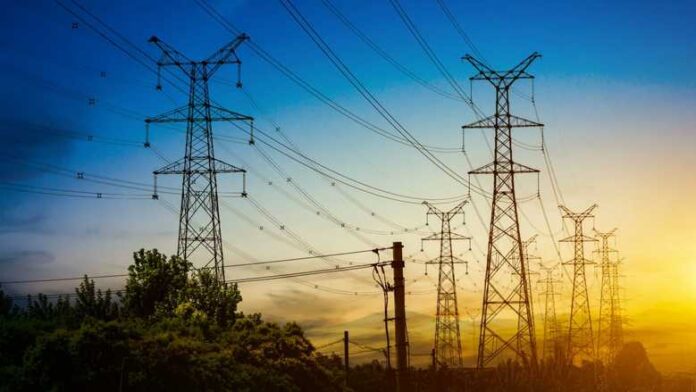By: Staff Writer
July 13, Colombo (LNW): A recent power purchase agreement (PPA) between the Ceylon Electricity Board (CEB) and Sahasdhanavi Limited—a fully-owned subsidiary of LTL Holdings—has ignited fierce debate, with critics warning it could result in an annual public loss of up to Rs. 73 billion.
Signed in April 2025, the PPA commits the CEB to purchasing electricity from a proposed 350MW combined-cycle power plant at a tariff of Rs. 37 per kilowatt-hour (kWh)—a rate more than twice the CEB’s benchmark cost of Rs. 16–17/kWh for similar technology. In addition, the CEB will pay a fixed annual capacity charge of Rs. 15 billion, regardless of whether the plant is fully operational.
Energy analysts and civil society organizations, including the Electricity Consumers’ Association (ECA), have slammed the deal for violating the country’s least-cost generation principle, warning that it places an undue financial burden on taxpayers and electricity consumers. With the plant expected to operate at high capacity, overpayments on energy alone are projected to exceed Rs. 50 billion annually.
ECA General Secretary Sanjeewa Dhammika has raised serious allegations of conflict of interest, pointing out that the agreement was signed during the tenure of former CEB Chairperson Dr. Tilak Siyambalapitiya, who simultaneously held the post of Chairperson at Sahasdhanavi’s parent company, LTL Holdings.
“This is a blatant violation of the Anti-Corruption Act No. 9 of 2023,” Dhammika said. “Dr. Siyambalapitiya approved a deal to purchase electricity from a company he was also heading. That’s a clear conflict of interest. He should have recused himself.”
Adding to the controversy, Dhammika questioned the actual fuel source of the plant. “Although the deal was presented as an LNG-based power project, Sri Lanka currently lacks infrastructure for LNG import or storage. It’s running on diesel, not LNG, and that could continue for at least five more years. This benefits only those profiting from diesel dependency.”
The ECA has filed a formal complaint with the Commission to Investigate Allegations of Bribery or Corruption, seeking an inquiry into the matter.
In response, Dr. Siyambalapitiya, who recently stepped down from his post at the CEB, defended the agreement, stating that the power plant is part of Sri Lanka’s Long-Term Generation Expansion Plan, endorsed by the CEB, the Public Utilities Commission of Sri Lanka (PUCSL), and the Government.
He emphasized that the procurement process began in 2022 and was conducted through a competitive bidding process managed by a Cabinet-appointed committee. “The contract was awarded in 2023 after thorough scrutiny and approvals from the Attorney General’s Department, the PUCSL, and other regulatory agencies,” he said.
On the conflict of interest allegations, Dr. Siyambalapitiya clarified, “The CEB Chairperson also serves ex officio as the Chairperson of LTL Holdings. This is publicly known and disclosed to all relevant authorities. The procurement and signing processes are handled within the framework of governmental procedure, with full transparency and legal compliance.”
He added that the 350MW combined-cycle plant is a critical infrastructure project aimed at ensuring energy reliability, especially during low solar and wind output. The plant, which uses regasified liquefied natural gas (R-LNG), is scheduled to operate on open-cycle mode within 30 months, and switch to combined-cycle mode 12 months later.
According to the CEB, the project will eventually reduce dependency on diesel and cut fuel costs by about 50% by 2028, when similar plants are expected to fully transition to R-LNG, improving both cost-efficiency and environmental impact.
Despite the CEB’s assurances, concerns about financial prudence and governance remain, with watchdogs calling for an independent review of the agreement. The issue continues to stir debate over energy policy, transparency, and the need for reform in Sri Lanka’s state-owned utilities.

